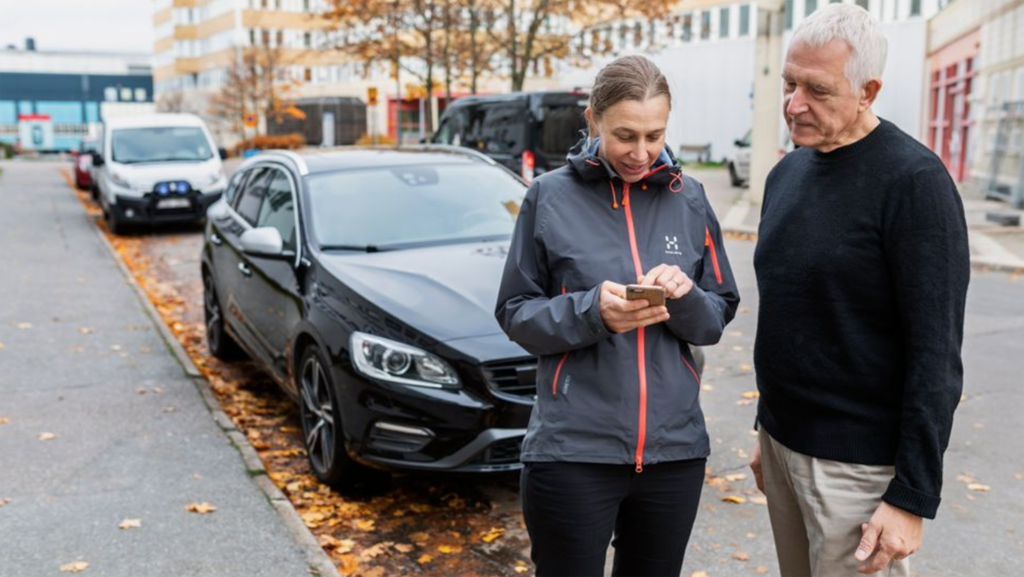Unclear rules and lack of information hinder more car sharing
Better information, smoother processing and adjusted tax regulation could lead to increased private car sharing and more efficient use of the vehicle fleet, according to a new report that RISE and platform actors have produced within the framework of Drive Sweden Policy Lab.

"Sometimes regulations stand in the way of new, smarter transport solutions, such as vehicle sharing. Drive Sweden Policy Lab brings together actors who work with the mobility of the future to identify policy obstacles and to propose solutions", says Malin Broqvist Andersson, program manager at Drive Sweden.
Privately owned cars stand still for just over 90 percent of their lives, and private car sharing is less extensive in Sweden than in neighboring countries. The report from Drive Sweden Policy Lab highlights several measures that could facilitate private car sharing. These include better information, but above all pre-printed tax information in the tax return. Today, many car sharing platforms invest significant resources in helping their customers do the right thing.
"Almost every other customer case that we handle is about issues related to their tax declaration. It will be difficult for us to handle and creates a higher threshold to dare to start sharing your car", says Nora Johnsson on the car sharing platform GoMore, who has been involved in the work of producing the report.
Today, a private person who rents out his car at some point sometimes becomes taxable at 30 percent from the first Swedish krona. In addition, you need to remember to declare this occation manually afterwards in the annual declaration.
"Smoother tax management through pre-printed tax information from the platform operators in the declaration would lower the thresholds for sharing their car significantly", says Maria Schnurr, mobility researcher at RISE.
In the bill with the state budget for 2022, the government has presented a proposal which, if approved by the Riksdag, would make the first SEK 20,000 earned on the sharing of private assets tax-free. This message sends some good signals but still means that users basically need to declare manually. Another way to promote private car sharing that is highlighted in the report is the need for tax breaks that focus more on the sharing of green cars. With the current tax rules, tax must be paid from the first earned Swedish krona, with a mileage deduction that is neither adapted to the car model nor the emission level.
"Green cars still mean a larger investment, and that is likely to remain the case for some time to come. Therefore, it could be natural to give special tax benefits to those who share their green car. In Denmark, private car sharing is a well-established phenomenon. There you also have tax benefits for those who share green cars", says Niklas Thidevall policy researcher at RISE
The Swedish Tax Agency has been part of the project's reference group and views the collaboration positively.
"The Swedish Tax Agency also believes that the sharing economy has an important role to play in the transition and is constantly working to make it easier for both entrepreneurs and users. Drive Sweden's various policy lab initiatives help us to find out the perspectives and views of the various actors, and it feels very valuable", says Rebecca Fillis, strategic developer at the Swedish Tax Agency.
In conclusion, the report highlights that a more flexible and favorable regulatory framework for sharing services is not just about the challenges of private car sharing. It is also about Sweden as a test bed for new innovative solutions.
"If we work actively to identify and remove policy obstacles for smart transport solutions, it will be more attractive to develop and launch new sustainable mobility services in Sweden", concludes Malin Broqvist Andersson.


